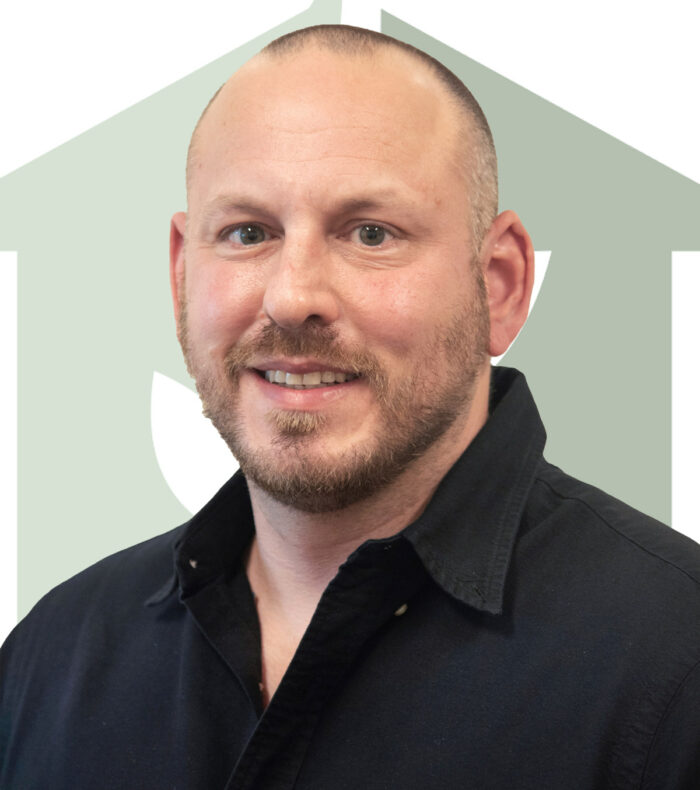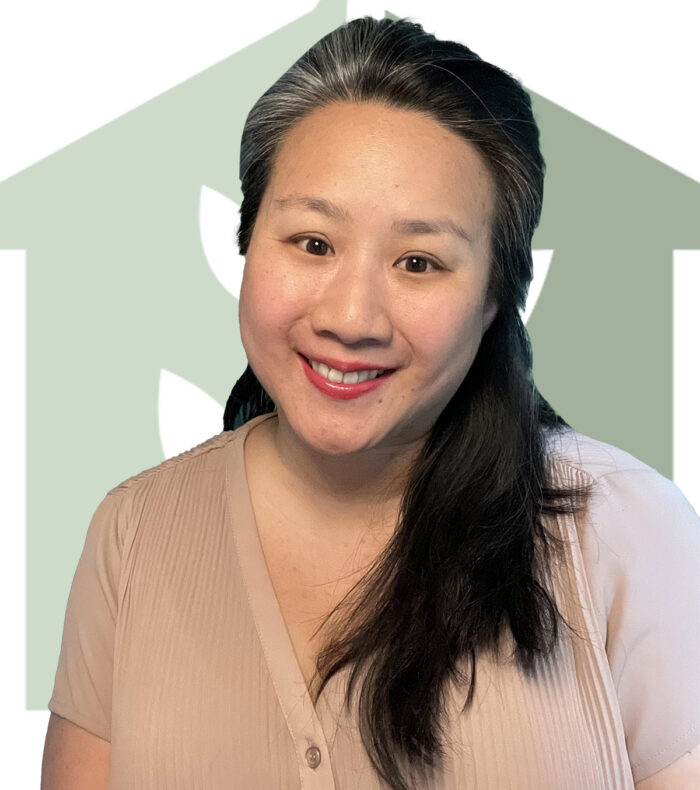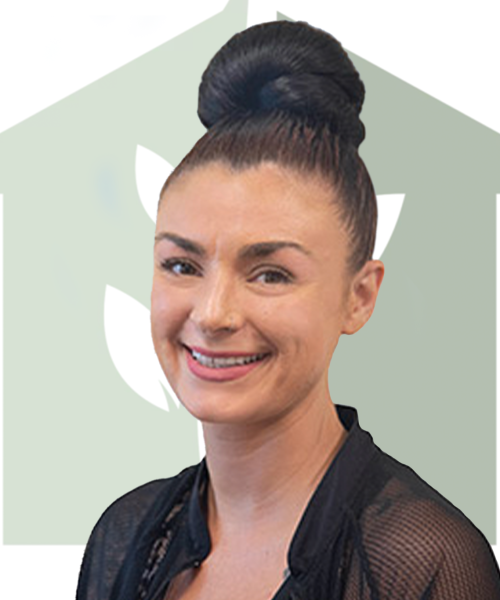Group Homes for Schizophrenia: San Diego Housing for Those Diagnosed with Schizophrenia and Other Mental Health Conditions
If you or someone you love lives with schizophrenia or other mental health conditions, we know that housing in San Diego can be difficult to come by. Maybe you can mostly function by yourself, but you need a little help managing tasks and structuring your days. Maybe everyday life can be emotionally overwhelming. Either way, you need support.
At Experience Structured Living, we’re dedicated to providing specialized schizophrenia housing and housing for other mental health conditions in the heart of San Diego. We understand the unique challenges faced by individuals living with schizophrenia and offer a supportive, structured environment that fosters healing and independence. Our group homes in San Diego are designed to be more than just a place to live; they are communities of care, understanding, and empowerment.
The Schizophrenia Landscape
Schizophrenia is a complex brain disorder that affects approximately 1% of the population worldwide. It often requires lifelong management, and navigating its challenges requires a specialized, supportive, and understanding community. Our schizophrenia group homes in San Diego are specifically tailored to meet these needs, providing a secure and nurturing environment for individuals with schizophrenia.
Group Homes & Housing for People with Schizophrenia
When you do an online search for “schizophrenia housing near me,” you’re bound to get a variety of results. The key is finding the right facility for you or a loved one’s needs. Our housing provides individuals diagnosed with schizophrenia an opportunity to experience healing and independence in a supportive, structured environment. This unique housing provides access to mental health services, medication management, and community support. The ultimate aim of schizophrenia housing is to elevate and enhance the guest’s quality of life while encouraging the freedom to live in a stabilized, normalized environment.
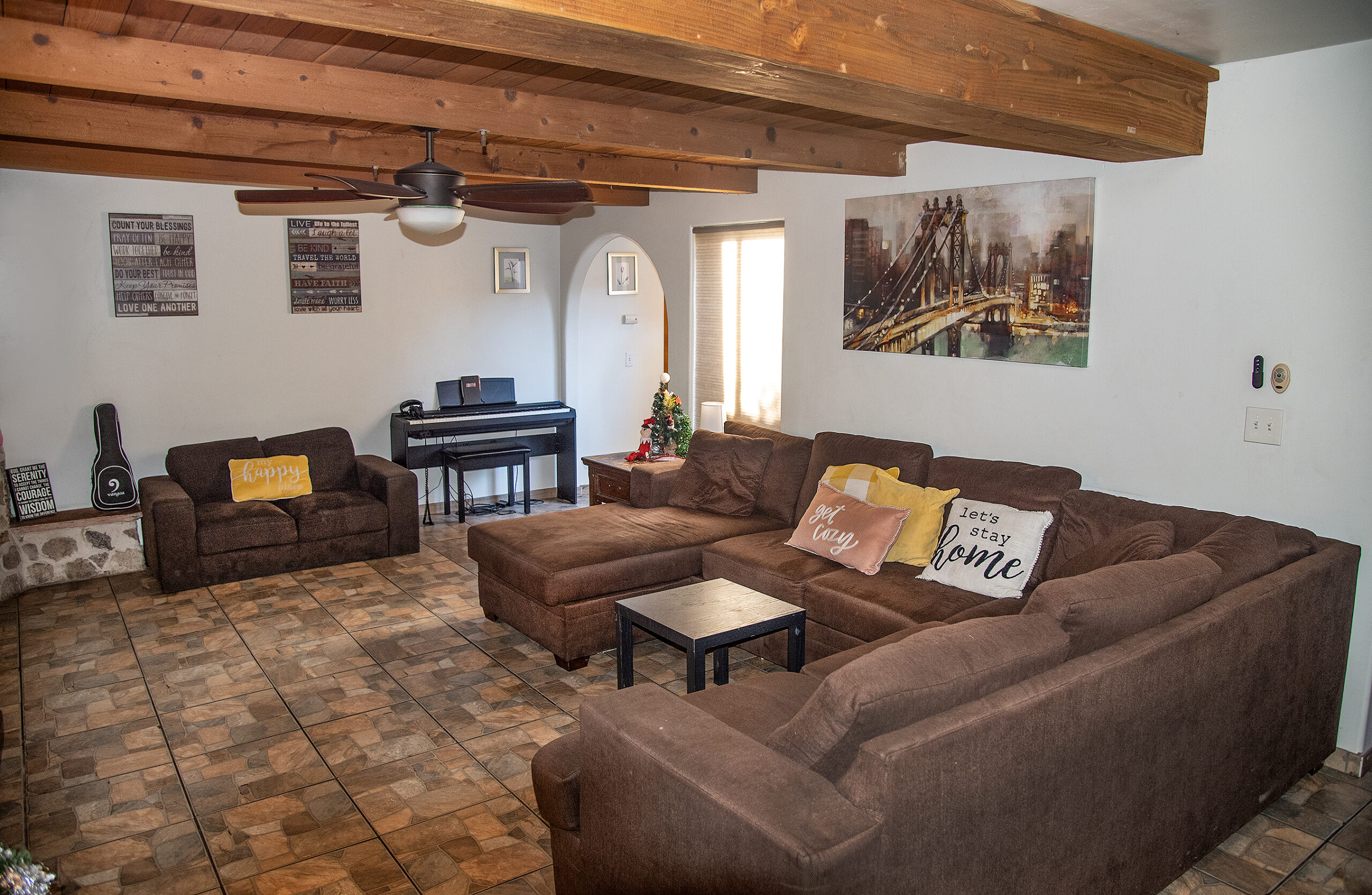
The Need for Specialized Housing for People with Schizophrenia
A stable, structured living environment plays a vital role in managing schizophrenia and other mental health concerns. Such an environment minimizes potential stressors and stimuli that could aggravate the condition while providing easy access to professional assistance and promoting positive behavioral changes.
Your Sanctuary for Healing in San Diego
Experience Structured Living offers a unique approach to homes for adults with schizophrenia and other mental health disorders. Each residence is designed to be a sanctuary, promoting tranquility, safety, and comfort. Our mental health housing options in San Diego is more than mere bricks and mortar structures; they are caring communities that foster understanding, acceptance, and empowerment.
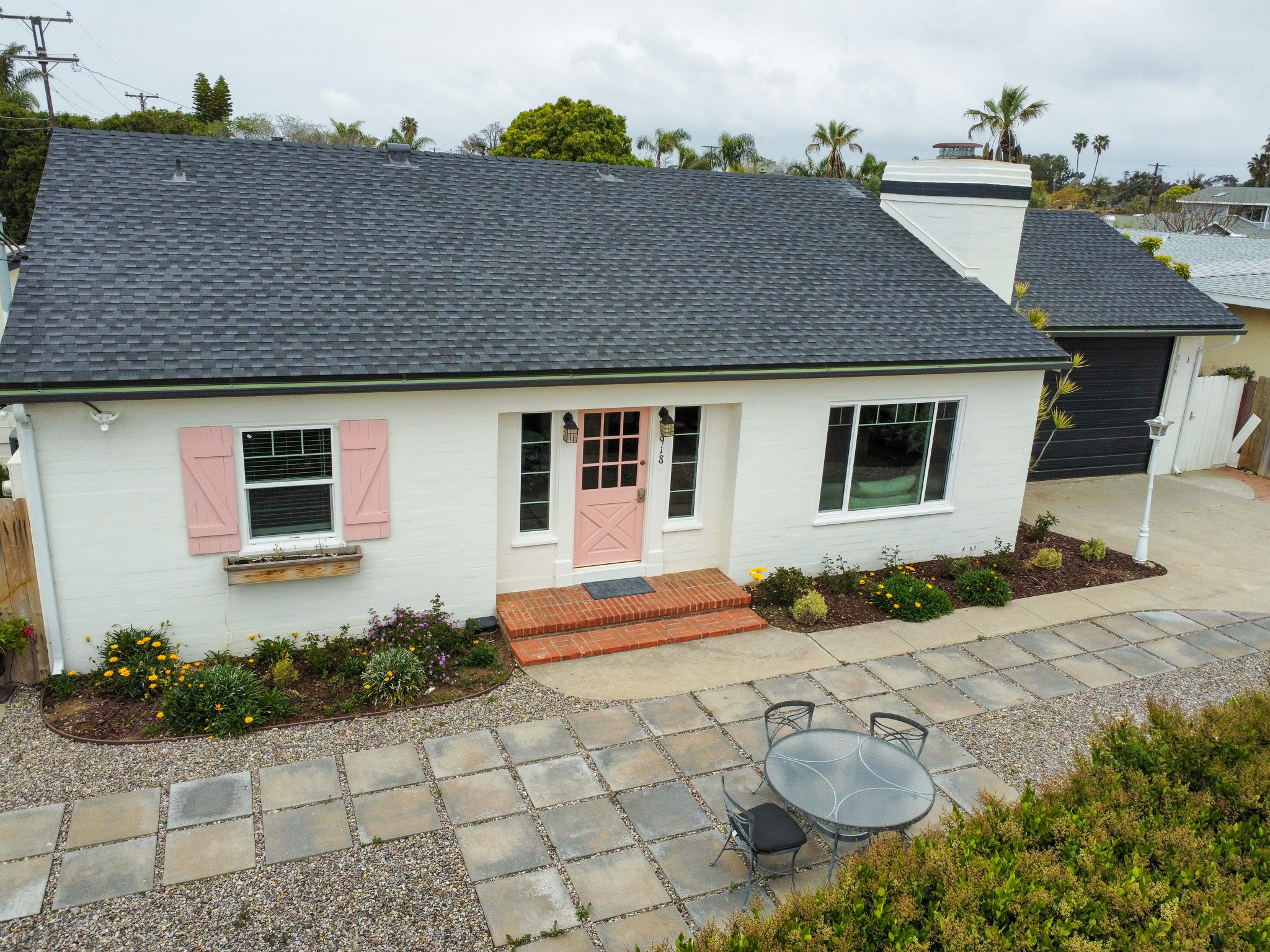
Our Approach to Group Homes for Schizophrenia: Structure and Support
ESL’s housing for schizophrenia in San Diego and for those suffering from other mental health disorders adheres to two fundamental principles: structure and support. The structure is provided through a daily routine involving regular activities, therapy sessions, and wellness programs. The support comes from our dedicated team of mental health professionals, available 24/7, who help manage the condition and facilitate recovery. We also promote peer support, creating a community where residents can share their experiences and learn from each other.
Therapeutic Programming
Each day at Experience Structured Living is punctuated with various therapeutic activities designed to promote wellness and rehabilitation. From individual and group therapy sessions to wellness activities like yoga, mindfulness, and creative arts, we focus on holistic growth and development. This therapeutic programming not only addresses the symptoms of schizophrenia but also equips residents with skills to manage their condition independently.
Life Skills Training
ESL is committed to offering schizophrenia treatment in California that targets the life skills necessary for an independent, fulfilling life. Our team provides training in areas such as personal care, money management, cooking, and social interaction. This comprehensive life skills program is designed to empower individuals with schizophrenia to take charge of their lives, giving them confidence and independence.

Daily Life in Group Homes for Schizophrenia
Experience Structured Living offers a supportive environment that fosters independence and personal growth for individuals with mental health conditions. The day begins with a healthy, communal breakfast followed by activities that focus on daily living skills, like organizing personal spaces and participating in therapy or skill-building sessions. Residents come together again for lunch, encouraging social connections and a sense of community.
Afternoons at our group homes for schizophrenia feature programs aimed at vocational development or recreational activities, such as art therapy or exercise, promoting both work skills and well-being. Dinner is shared in a welcoming atmosphere with evenings reserved for relaxation, leisure activities, or support groups. Staff are always present to assist with medication management and provide support, ensuring that residents feel secure and empowered throughout their day.
Transitioning to a Group Home for Schizophrenia
Transitioning to supportive housing for schizophrenia and other mental health conditions can be a significant step toward recovery and independence. Starting with a thorough assessment helps create a personalized care plan tailored to each individual’s needs. At group homes for schizophrenia in San Diego, familiarization visits before moving in can ease anxiety and make the environment feel more welcoming. Bringing personal items to decorate the living space adds comfort and a sense of home, while establishing daily routines provides stability and structure. Open communication with family members and their involvement can also offer valuable emotional support. Finally, taking advantage of available support services, such as counseling and skill-building programs, helps ensure a smoother and more successful transition.
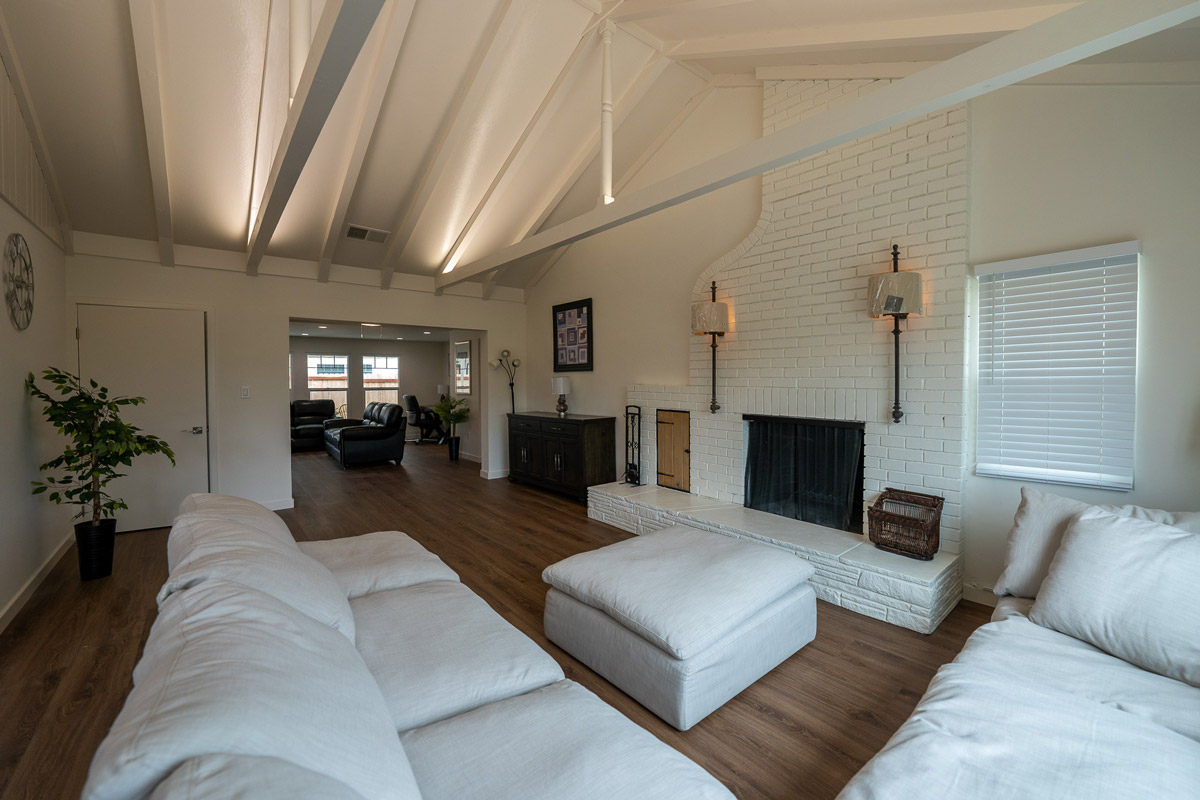
Our Experienced Staff
Kenneth Gladstone
Dr. Mark Melden, DO/DABPN
Jenny Li, LPCC
See What Clients Are Saying About Us
Housing for People Living with Schizophrenia at Experience Structured Living
Schizophrenia doesn’t have to limit your ability to lead a satisfying, independent life. With our housing for those suffering from schizophrenia and other mental health conditions, you can gain the stability and resources to manage symptoms effectively and strive toward ultimate well-being. At Experience Structured Living, we make this possible. We welcome you to explore our housing options and discover how we can provide a safe haven for growth and healing in our homes for those suffering from schizophrenia in San Diego, CA.
FAQs About Housing Programs for Schizophrenia
Can someone suffering from schizophrenia live independently?
Absolutely. With the right support, individuals living with schizophrenia and other mental health disorders can lead independent and fulfilling lives. This is the primary goal of supportive housing - to provide a safe, structured environment where residents can manage their daily routines while having access to mental health services as needed.
How does supportive housing help people living with schizophrenia?
Supportive housing offers a combination of residential amenities and mental health services. This integrated approach helps individuals manage their symptoms, adhere to medication routines, improve their social skills, and work toward their personal goals.
What types of services are available in supportive housing?
In addition to housing, supportive housing often includes amenities catering to residents with mental health needs, such as individual and group therapy, vocational training, and life skills development. At Experience Structured Living, we offer these services more tailored to the specific needs of our residents.
Is supportive housing expensive?
The cost of supportive housing can vary, but many programs, including ours, are designed to be affordable. Some residents may also be eligible for financial assistance or subsidized housing. Our team can help potential residents explore these options.
How can I transition to supportive housing?
Transitioning to supportive housing can be a significant change, but we are here to make it as seamless as possible. Contact our team for a discussion and tour of our facilities. We will guide you through the process, ensuring a smooth transition.
Are there any criteria to meet before qualifying for schizophrenia housing in San Diego, CA?
Eligibility requires a formal diagnosis of schizophrenia. Additional qualifying factors include a demonstrated need for structured living support, adherence to specific income guidelines, and a comprehensive assessment to evaluate the individual's specific care and support needs.
How can families support a loved one moving into assisted living for someone suffering from schizophrenia?
Families can provide emotional support by assisting in the application and admission process, helping individuals understand the program's offerings, and actively participating in care planning. Additionally, family members should maintain regular communication with their loved ones, and ensure their needs are being met through every step of the process.
What is the difference between group homes for schizophrenia and psychiatric facilities?
Supportive housing focuses on providing a stable, home-like environment with access to care and resources, whereas a psychiatric facility offers more intensive, clinical treatment in a hospital-like setting.
How long can someone stay in a group home for schizophrenia?
The duration of stay in supportive housing depends on individual needs and progress. Some residents may transition to more independent living situations, while others may benefit from long-term support.
Can residents pursue employment or education while living in a group home for schizophrenia?
Yes, supportive housing programs often encourage and assist residents in finding employment or enrolling in educational opportunities, providing resources and guidance to help them succeed.

Jenny Li is a California Licensed Professional Clinical Counselor (LPCC) and board-certified counselor by the NBCC with a Master’s in Clinical Mental Health Counseling from the University of San Diego. She is soon to be licensed in the state of Arizona and New Mexico. Jenny has lived and worked in Scandinavia, Asia, and Central- and South America; working with different populations in different capacities over the past 25+ years. She speaks English, Swedish, and Mandarin.
Jenny is currently in her PhD program for Clinical Supervision and Counseling Education. She has advanced training in several modalities and interventions, including Cognitive Behavioral Therapy (CBT) (CBT-E, CBT-P), Dialectical Behavioral Therapy (DBT), Acceptance Commitment Therapy (ACT), and the Transdiagnostic Unified Protocol for complex emotional concerns. She is EMDR trained (basic/advanced), a Level 1 IFS therapist, and certified in Exposure and Response Prevention (ERP) for OCD. For families, she is trained in Emotion-focused Family Therapy (Level 2 EFFT), draws on structural family principles, and implements interventions from being trained in Gottman’s methods. She is in the process of becoming a CAMFT Certified Clinical Supervisor.
She has worked as a faculty member in university settings and provided direct clinical care in hospitals, residential, and outpatient care with experience treating children, adolescents, young adults, and adults. Jenny has been providing direct clinical services over the past eight years. She is currently in her role as the Executive Clinical Director for residential and outpatient mental health services, where she also leads a team of clinicians, providing clinical supervision and overseeing program development and clinical services.


